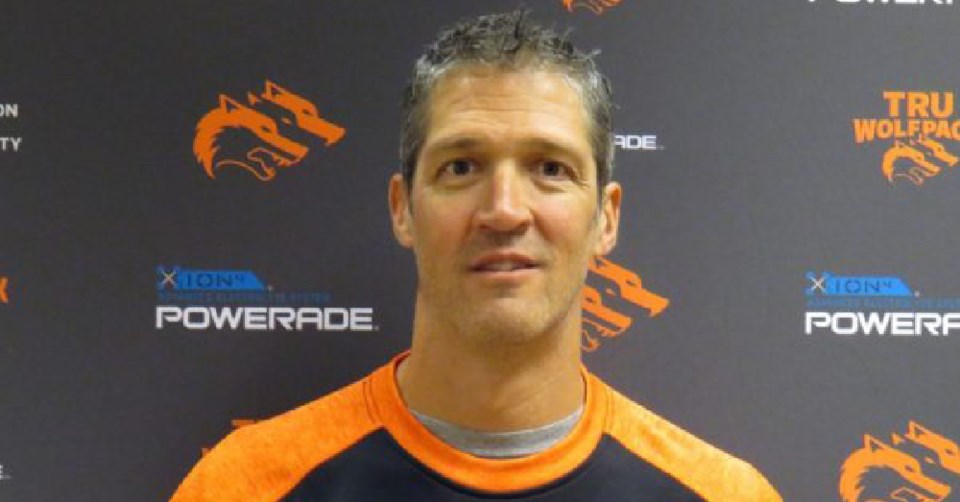KAMLOOPS — Peter Soberlak didn’t want to believe it.
He received a text message on Friday night telling him about the bus crash in Saskatchewan that killed 15 members of the Humboldt Broncos junior A hockey team of the Saskatchewan Junior Hockey League.
He went numb.
The tragedy is a horrible echo of what Soberlak went through with his Swift Current Broncos teammates in 1986, when Trent Kresse, Scott Kruger, Chris Mantyka and Brent Ruff were killed after the Western Hockey League team’s bus hit a patch of black ice and careened off the highway.
Soberlak is now an athletic performance advisor for the WolfPack at Kamloops' Thompson Rivers University. He also has a master’s degree in sport and exercise psychology.
When Kamloops This Week contacted Soberlak, he was in the middle of arranging flights to meet up with former Swift Current Broncos’ teammates Sheldon Kennedy and Bob Wilkie, both of whom are co-survivors of the 1986 crash. The three plan on visiting and offering their support to the Humboldt survivors.
RCMP say 29 people were on the bus when it was hit by a semi-truck as the team made its way to Nipawin, where a playoff game was scheduled. Fifteen were killed.
“Waking up this morning, the only way to describe it would just be heartbroken,” Soberlak said. “Just utterly heartbroken and devastated for the families and the survivors and the first responders and the billets and the friends.”
Soberlak said he has been thinking about parents and families sitting by the phone, wondering if their loved one survived.
“Initially, that was just the most devastating thing for me, having been through that,” he said. “I can’t imagine anything more heartbreaking and heart-wrenching.”
Support for the team’s families has been pouring in. A GoFundMe fundraiser page brought in more than $1 million in just 16 hours, with the money to be dispersed to families of victims and survivors.
“It just shows the love and support out there from everyone,” Soberlak said.
Soberlak will be offering his own support, together with Kennedy and Wilkie, when they travel to Saskatchewan this weekend. He said the three asked themselves what they could do and, while they still don’t have concrete plans, they know that first, they have to be there.
“We can get out there and show our support. I don’t know what that support will look like yet, but it’s something we didn’t hesitate about,” he said.
Soberlak said survivors of the crash will need all the support they can get, noting that recovery will be a long process. He added much has changed since 1986.
“What I do know now, compared to when we went through something like this, is that now there are more supports in place. There’s more awareness of the impact, psychologically, and the impact of trauma, both acute and long-term,” he said.
“There’s going to be a great deal of pain. You never get over something like this, but there are supports and there are mechanisms and outlets for people to get help and feel supported and feel loved and do what they can to deal with this.”
Soberlak said right now, the accident is difficult to fathom and comprehend. He said while it’s not fair, nor just, it happened – and survivors and their family and friends must pick up the pieces and move on.
“This is a sad day. I know it touches everybody’s hearts,” he said. “So many people have a connection. It’s so much more than hockey – it’s not about hockey. It’s about family. It’s about those things that we can sometimes take for granted.
“I’ve never hugged my kids harder than I did this morning.”




